Week in Review: BlackBerry in the eye of the 'Storm'
Vodafone and RIM have grabbed a lot of attention this week with their new touchscreen handset and the ID card is now very close to becoming a reality.

Research in Motion (RIM) chose well when it named its new handset Storm' judging by the good headlines it is making.
Vodafone and RIM's little BlackBerry baby is going to "storm" into the shops next Friday. The new touchscreen handset is looking like it will fight head to head with the iPhone this Christmas in the competition to win the hearts and minds of both consumers and business users.
We have a sneak preview and video of the device here.
The National ID Card scheme is now getting into full swing, with Manchester and London City Airports signing up airport workers for the first initial 18-month period. There's also an increasing likelihood that we will see businesses like Post offices fingerprinting' customers in biometric enrollment centres'.
It's been a long and rocky road, but UK ID cards are now very close to becoming a reality.
What's next for Yahoo?. After so much hoo-ha with the rejection of the Microsoft deal, Google has pulled its hand out of the fire as it decides opposition from antitrust regulators is simply too much trouble. With Microsoft apparently walking away from any future deal, Jerry Yang and Yahoo are running out of options.
However it's good news for World War II codebreaking institution Bletchley Park, as English Heritage hands the home of Colossus (the first programmable computer) a 330,000 grant. For modern day computing the site has major historical value as it was where the work of genius Alan Turing and his team broke the code of the infamous German Enigma machine.
Sign up today and you will receive a free copy of our Future Focus 2025 report - the leading guidance on AI, cybersecurity and other IT challenges as per 700+ senior executives
Other stories which stood out for IT PRO this week?
Understandably there was definite concern with news that Wi-Fi WPA encryption had been cracked in around 15 minutes.
Finally, new technology from SanDisk could pave the way for mainstream adoption of solid state disks (SSDs), which could make them 100x faster than current drives.
-
 Microsoft wants to replace C and C++ with Rust by 2030
Microsoft wants to replace C and C++ with Rust by 2030News Windows won’t be rewritten in Rust using AI, according to a senior Microsoft engineer, but the company still has bold plans for embracing the popular programming language
-
 Google drops $4.75bn on data center and energy firm Intersect
Google drops $4.75bn on data center and energy firm IntersectNews The investment marks the latest move from Google to boost its infrastructure sustainability credentials
-
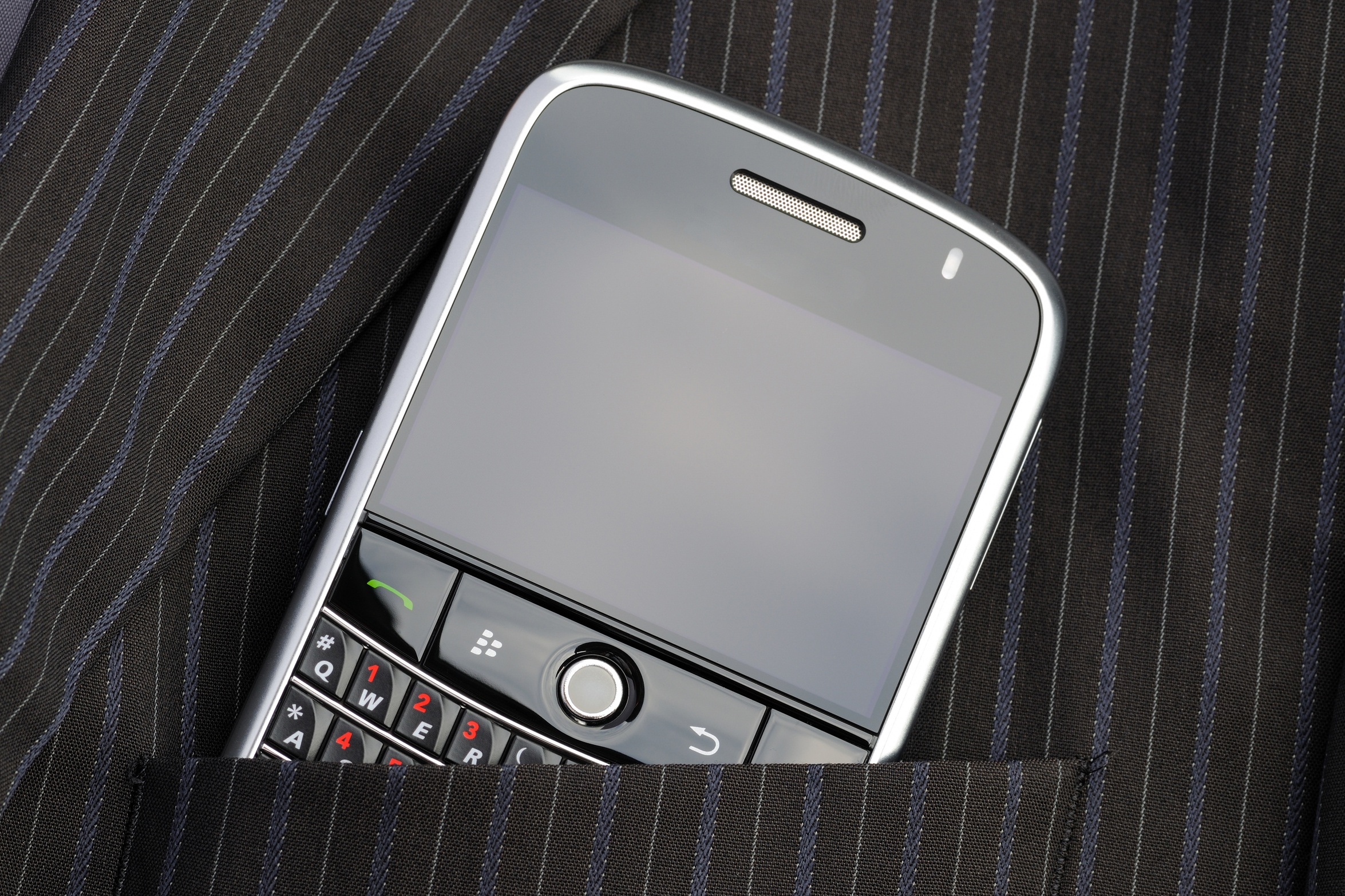 BlackBerry believes tech firms should submit to government requests
BlackBerry believes tech firms should submit to government requestsNews Canadian mobile maker says tech companies should be "good corporate citizens"
-
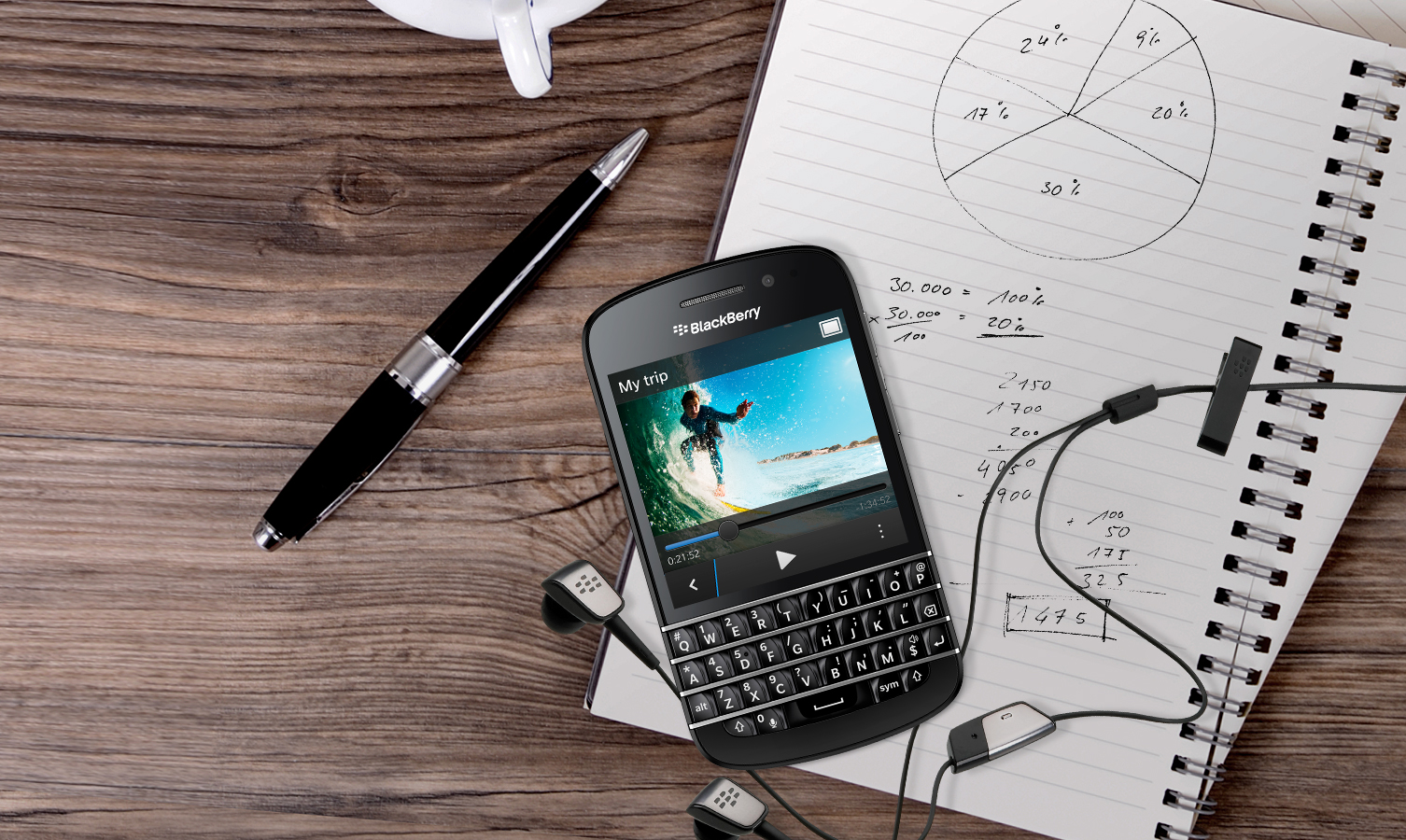 BlackBerry buys Secusmart to bolster enterprise security offerings
BlackBerry buys Secusmart to bolster enterprise security offeringsNews BlackBerry to integrate firm's voice and data encryption and anti-eavesdropping solutions into its platform
-
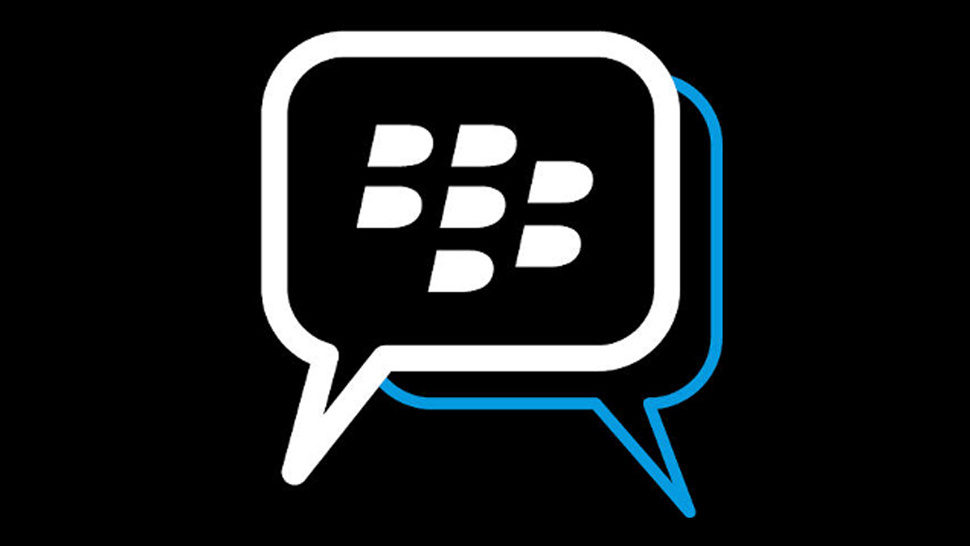 BBM Protected messaging feature unveiled by BlackBerry
BBM Protected messaging feature unveiled by BlackBerryNews Phone maker touts FIPS 140-2 crypto for super secret messages as it renews focus on enterprise
-
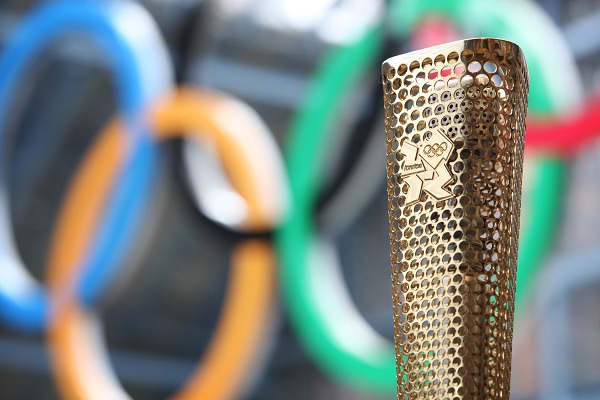 GFI trumpets discovery of Olympic 2012 smartphone malware
GFI trumpets discovery of Olympic 2012 smartphone malwareNews Web security vendor claims to have discovered several sites listing Boxer-style malware as the official Olympic smartphone app.
-
 Week in review: Lenovo trumps Dell; drone attack; security hacks abound
Week in review: Lenovo trumps Dell; drone attack; security hacks aboundNews It's been cock-ups a plenty this week, on the part of both companies and customers, but Lenovo has plenty to be happy about. Or does it?
-
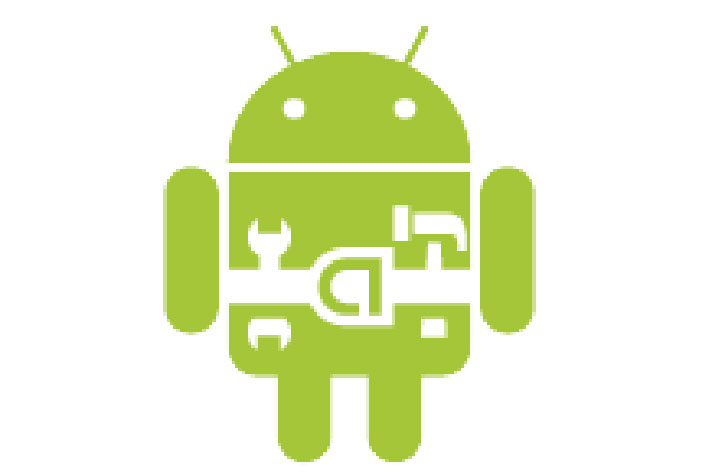 RIM planning BlackBerry Android tie up?
RIM planning BlackBerry Android tie up?News According to sources, Android apps could soon feature on BlackBerry smartphones.
-
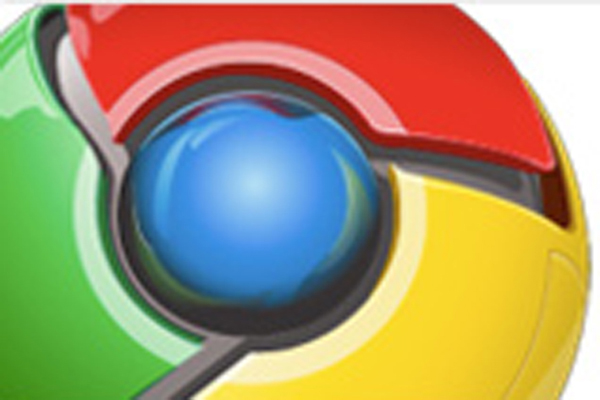 Google patches WebKit flaw post Pwn2Own
Google patches WebKit flaw post Pwn2OwnNews Google patches a WebKit vulnerability, exploited by a team of Pwn2Own winners.
-
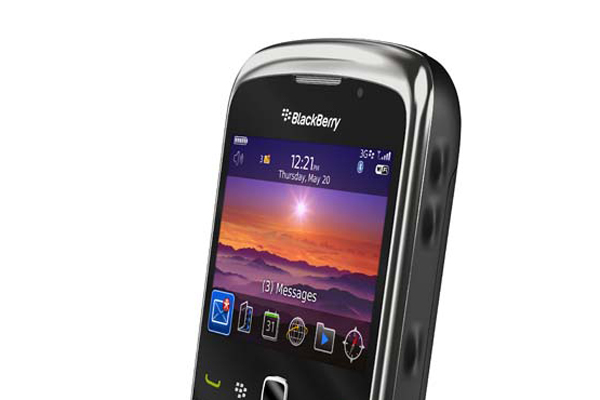 BlackBerry fixes critical Enterprise Server flaw
BlackBerry fixes critical Enterprise Server flawNews RIM issues patches and a workaround for a critical vulnerability in its BlackBerry Enterprise Server.